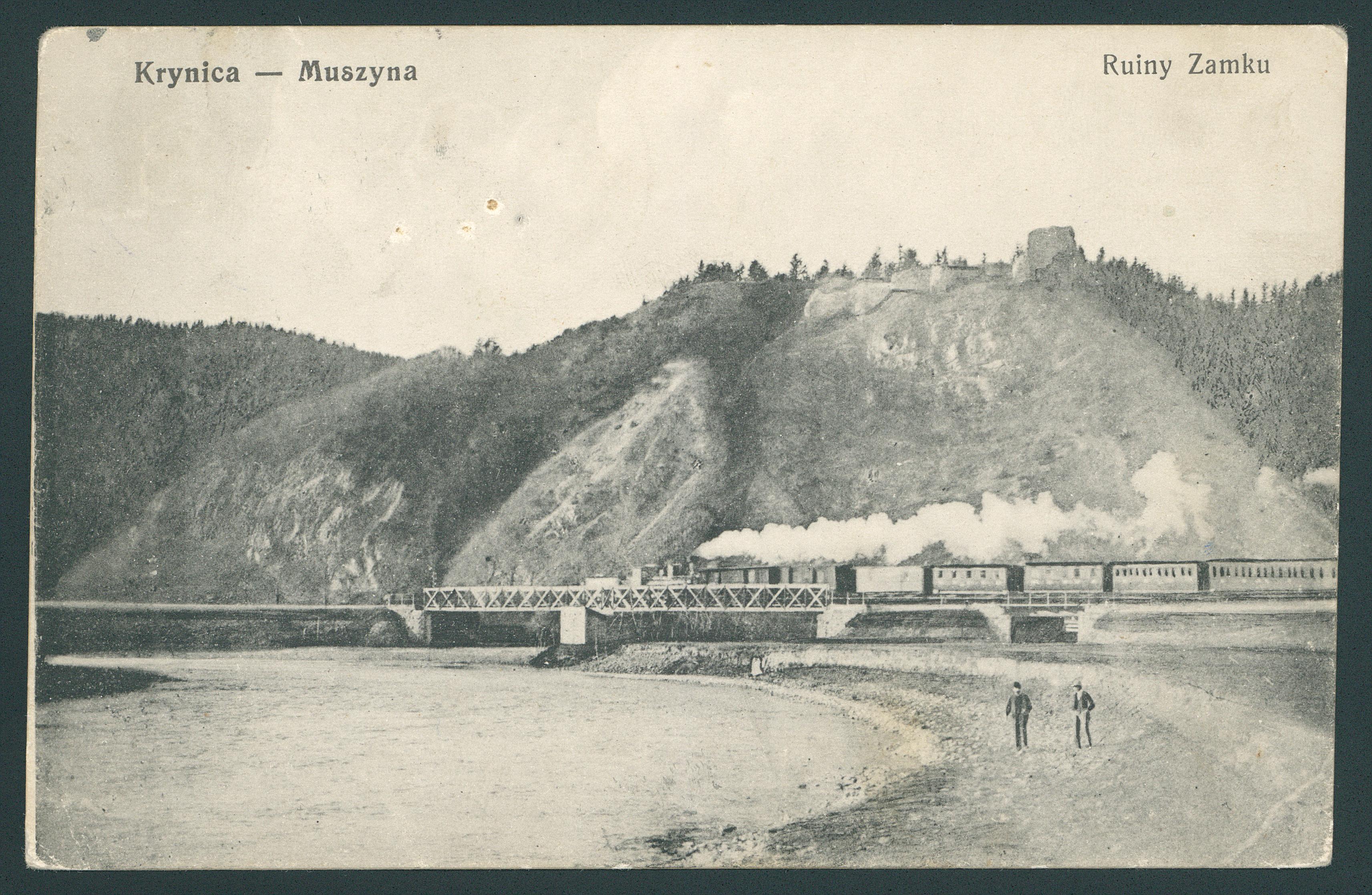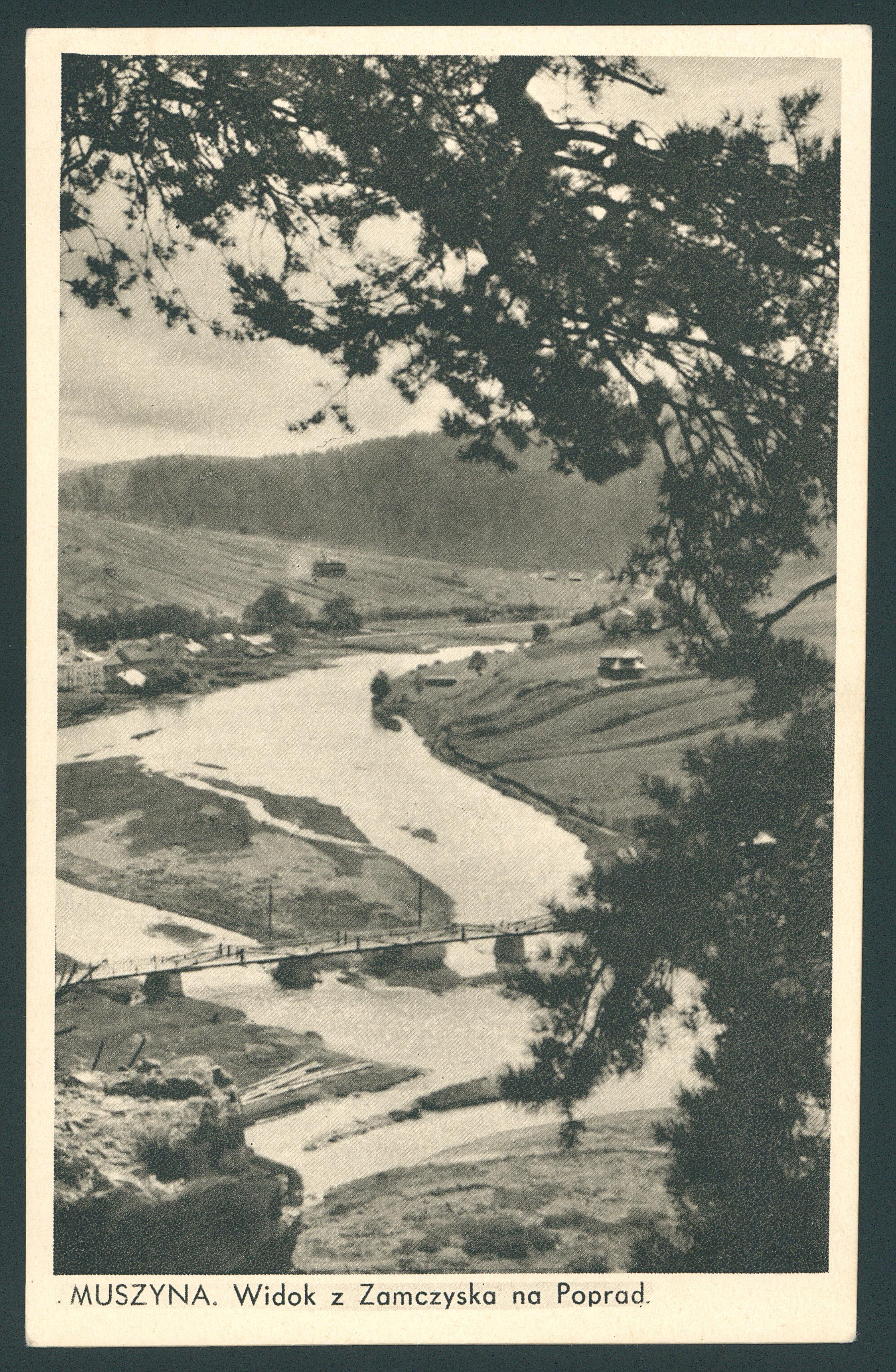Muszyna
The origins of Muszyna provide many research problems. Referring to two documents attributed to the Hungarian King Andrew II, the first mentions of Muszyna date back to 1209. This was an erroneous conclusion.
The first of the above-mentioned diplomas, which mentions Poth - "Musuniensis comes" - refers not to the town on the Polish-Hungarian border that we are interested in, but to the town of Mosonmagyaróvár (formerly Mosony) south of Bratislava; the second one, containing the phrase "usque ad fluvium Poprath versus Muschina", i.e. "up to the Poprad River near Muszyna", cannot be taken into account because it turned out to be a 17th-century forgery. In this situation, the earliest documents mentioning Muszyna are the acts of the settlement concluded in 1288 between the heirs of Wysz of Niegowić (a canon and scholastic of Krakow) and the Bishop of Krakow, Paweł of Przemanków, approved by Prince Leszek the Black.
The first of the above-mentioned diplomas, which mentions Poth - "Musuniensis comes" - refers not to the town on the Polish-Hungarian border that we are interested in, but to the town of Mosonmagyaróvár (formerly Mosony) south of Bratislava; the second one, containing the phrase "usque ad fluvium Poprath versus Muschina", i.e. "up to the Poprad River near Muszyna", cannot be taken into account because it turned out to be a 17th-century forgery. In this situation, the earliest documents mentioning Muszyna are the acts of the settlement concluded in 1288 between the heirs of Wysz of Niegowić (a canon and scholastic of Krakow) and the Bishop of Krakow, Paweł of Przemanków, approved by Prince Leszek the Black.
Another interesting issue concerns the origins and history of a small stronghold on Mount Koziejówka, probably built at the turn of the 13th and 14th centuries, perhaps due to the bishop of Krakow, Jan Muskata, who included the Biała River basin from Mount Chełm to Mount Lackowa to the Muszyna estate. Bishop's statement Muscats against Władysław the Elbow-high resulted in the incorporation of the Muszyna estates into the ducal (soon to be royal) domain at the beginning of the 14th century. This state of affairs lasted until 1391, when Władysław Jagiełło handed Muszyna and its surroundings to the Bishop of Krakow, Jan Radlica. It is difficult to say how long the stronghold existed. Perhaps until 1474, i.e. until the invasion of the Hungarian troops of King Matthias Corvinus, the antagonist of the Jagiellon dynasty. The history of the Muszyna castle is equally unclear, probably built around the mid-14th century by Casimir the Great, probably in connection with the location of the town of Muszyna before 1364. We do not know the appearance of this fortalice in the first period of its existence. It is known, however, that the original building was completely destroyed during the above-mentioned Hungarian invasion in 1474, and was rebuilt almost anew at the turn of the 15th and 16th centuries.
The direct management of the Muszyna estates (the so-called Muszyna state, the Muszyna border) was exercised by starostas appointed by the bishops of Krakow, sometimes replaced by sub-starosts and burgraves. In the mid-15th century, among the Muszyna starostas we see: Andrzej Trestka, Mikołaj Pikaran from Mników, Mikołaj Komorowski, Prokop Pieniążek from Krużlowa, Jan Oleśnicki from Oleśnica, Jan Wielopolski, Jan Wolski; later, among others Mikołaj Lapispatok and Achacy Jordan Bobowski from Zakliczyn. It is worth adding that the castle, which had its own needs, imported some goods from Bardiów, Hungary. Most often, wine and beer, as exemplified in the 15th century by the commission of staroste Andrzej Pieniążek from Krużlowa, and in the 16th century by commissions from staroste: Feliks Siedlecki, Wawrzyniec Kosiński, Stanisław Lipnicki, and above all, Stanisław Kępiński, immortalized by Jan Kochanowski in the epigram To the staroste of Muszyna, beginning with the words: "O staroste of Muszyna / you know each other well on wine / You know and have it, because only from above / Having lowered the cart, alish Uhry / Show your ancient taste / Famous staroste of Muszyński! / And let me taste it too / Because I can also taste it in the barrel.”
Author: Leszek Migrała
Author: Leszek Migrała


